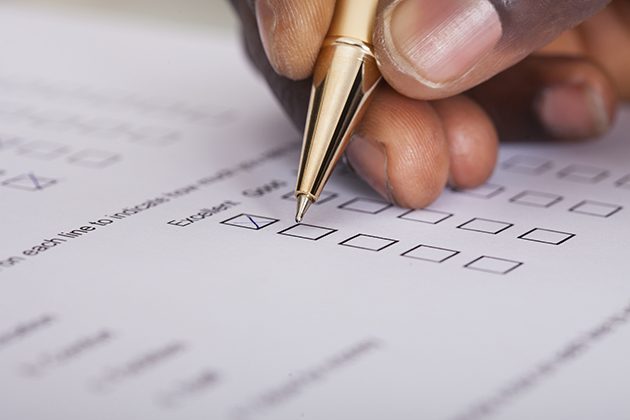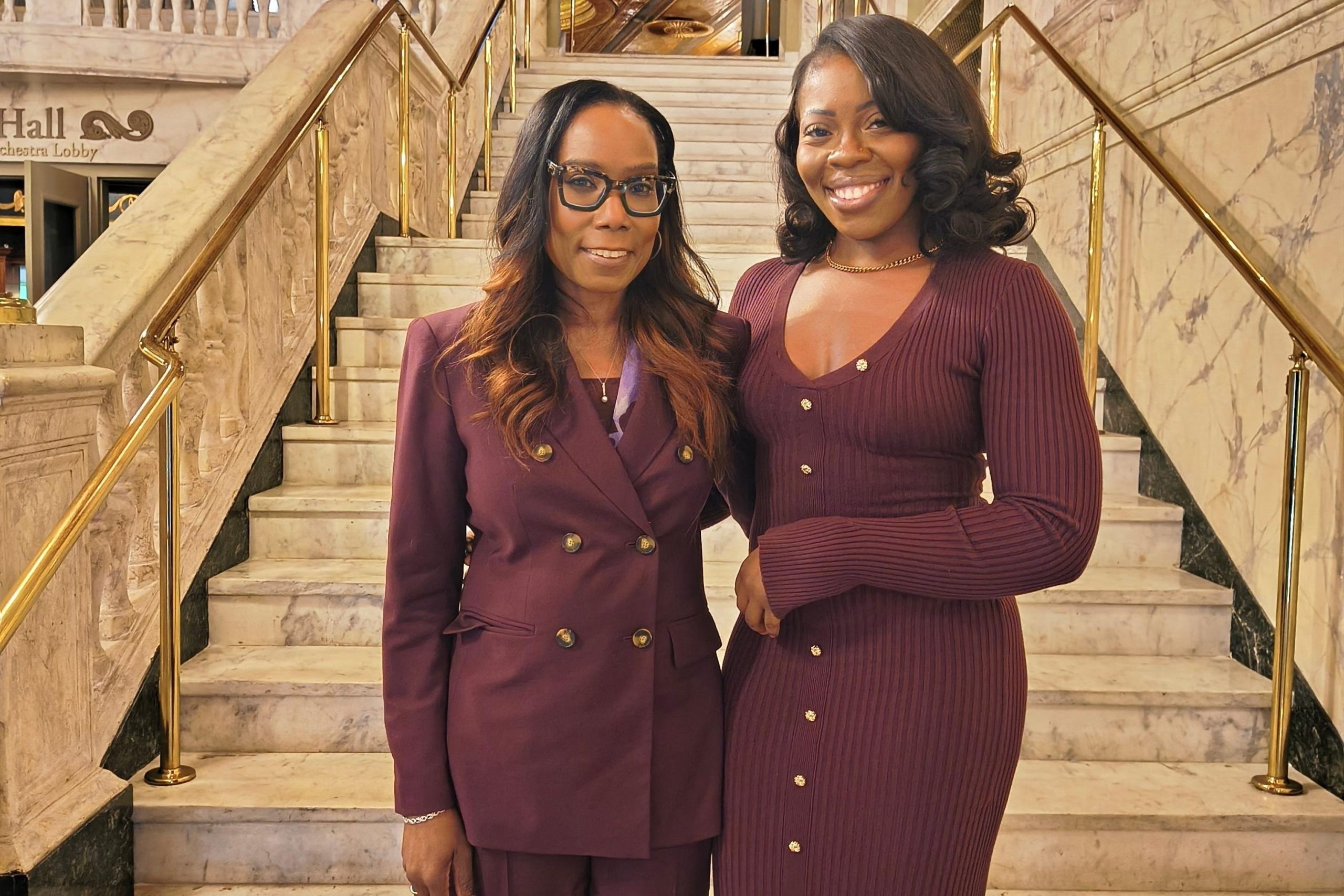UConn and the Roper Center for Public Opinion Research, one of the world’s leading archives of social science data that has based its operations on the Storrs campus for almost four decades, have announced they will be parting ways at the end of the 2015 calendar year.
The joint announcement ends a relationship that dates back to 1977, when the Roper Center decided to relocate from Delaware to Connecticut.
“The University of Connecticut has been a proud partner of the Roper Center for many years, and the center’s presence has helped bring acclaim to our academic community,” said Susan Herbst, president of UConn. “We’d like to thank everyone who has been committed to advancing social science research through the center’s work. However, the time has come for each of us to explore new opportunities, especially in this fiscally challenged environment. As UConn focuses more extensively on its academic plan, the Roper Center can now look for new prospects to continue its mission.”
“The Roper Center has a strong and unique history of collecting and preserving public opinion data, and our relationship with UConn has positioned us for the bright future ahead,” said Bob Shapiro, chairman of the Roper Center board of directors. “We’re grateful for our long and productive association with the University, and look forward to the next phase of our rich history.”
The Roper Center has built much of its reputation on its service to scholars and public opinion stakeholders through developing tools for researchers to secure information, and promoting research on political and social issues – functions that will continue, said Shapiro. As UConn shifts its fiscal priorities toward projects that clearly fit the priorities of its new academic plan, however, the University and the Center believe it is the appropriate time to part ways.
UConn expects to re-allocate funds used to support the center’s operations for student and faculty support in the social sciences.
Since its founding in Delaware in 1947, the Roper Center has worked to preserve data from surveys of public opinion for the benefit of future generations. Since that time, the center has collected 20,000 datasets, and includes responses from millions of individuals on a vast range of topics. Its data, which span the entire United States as well as 70 nations, include news media and commercial polling data, as well as academic surveys and historical collections from NORC at the University of Chicago, Gallup, and the Roper Organization.



